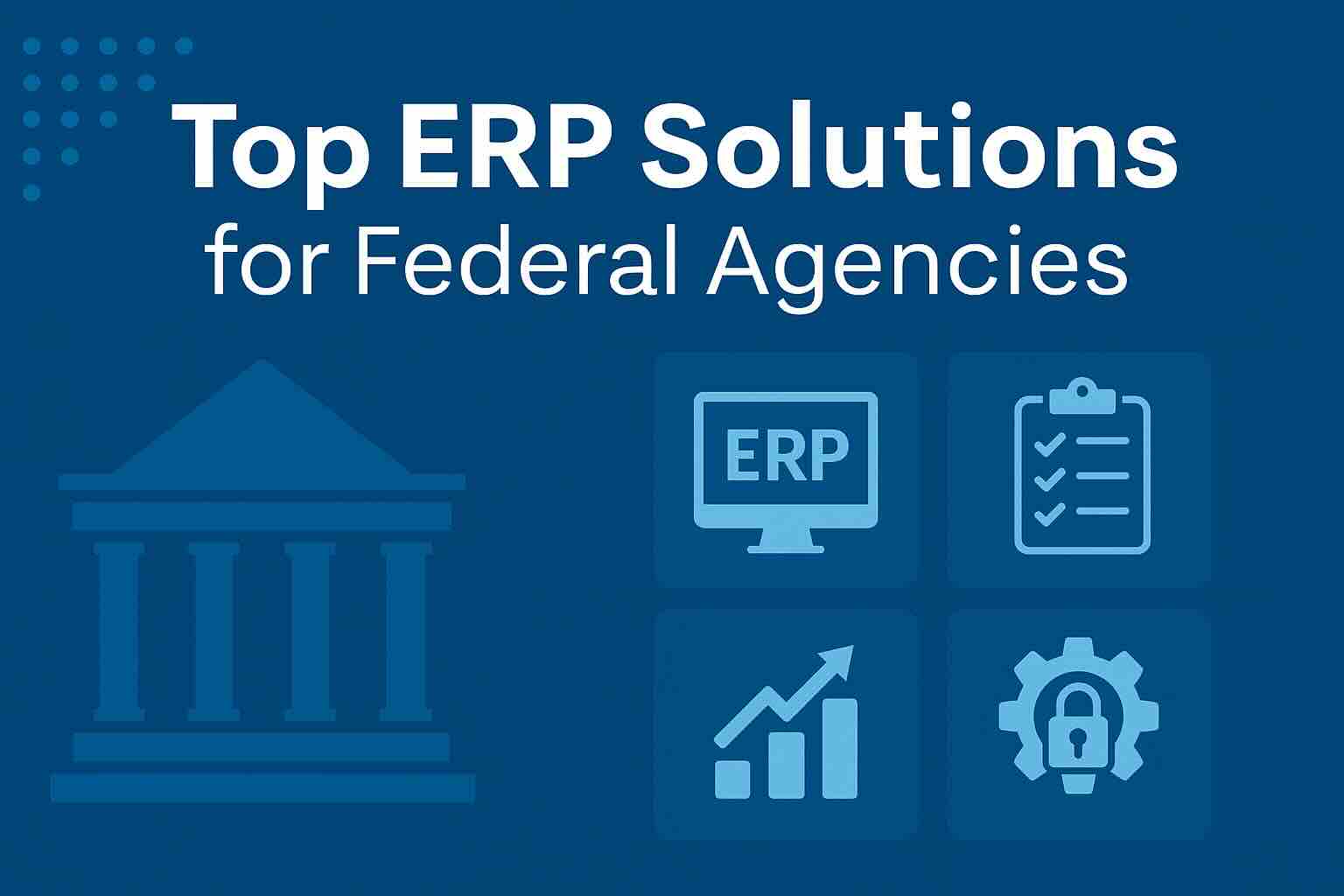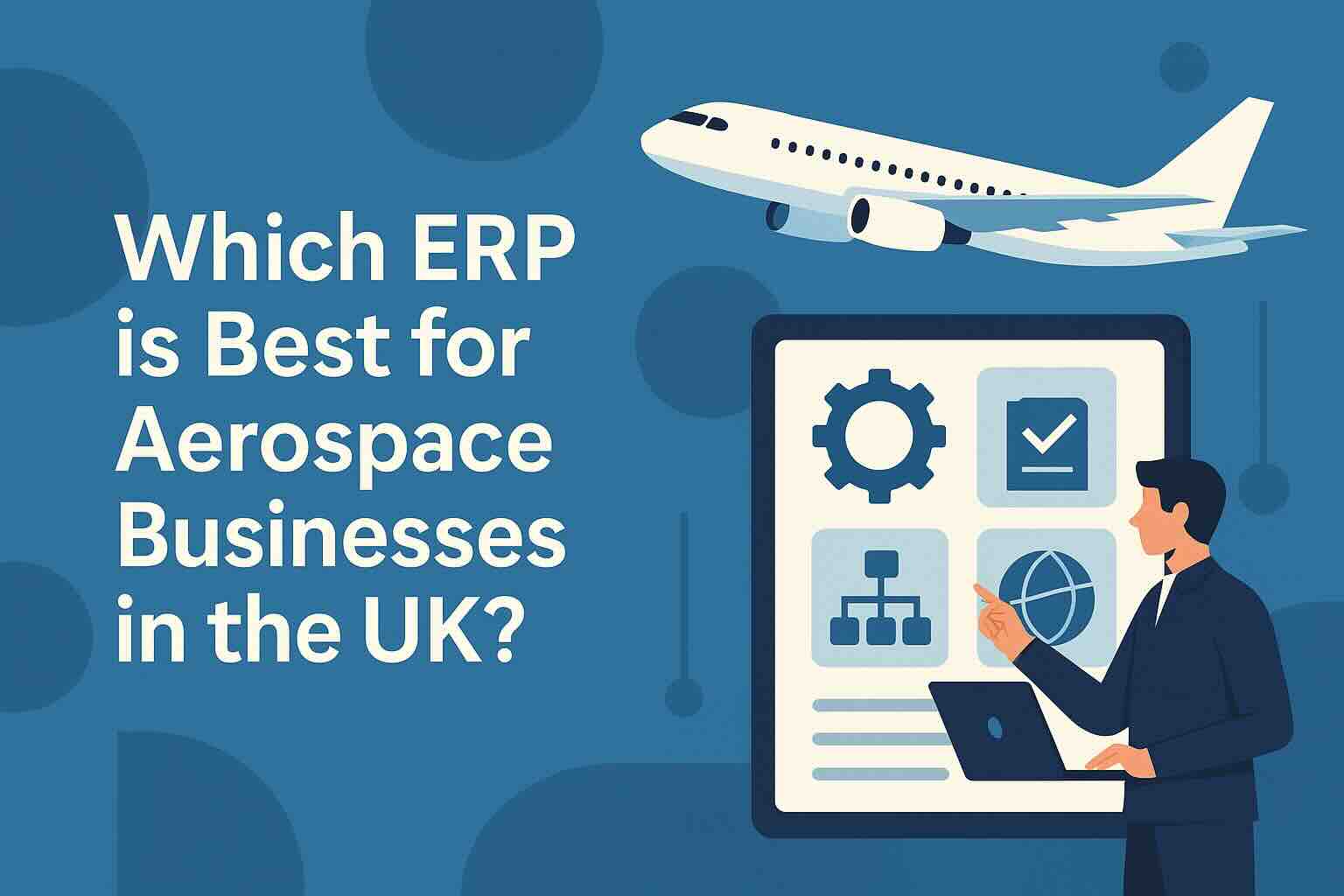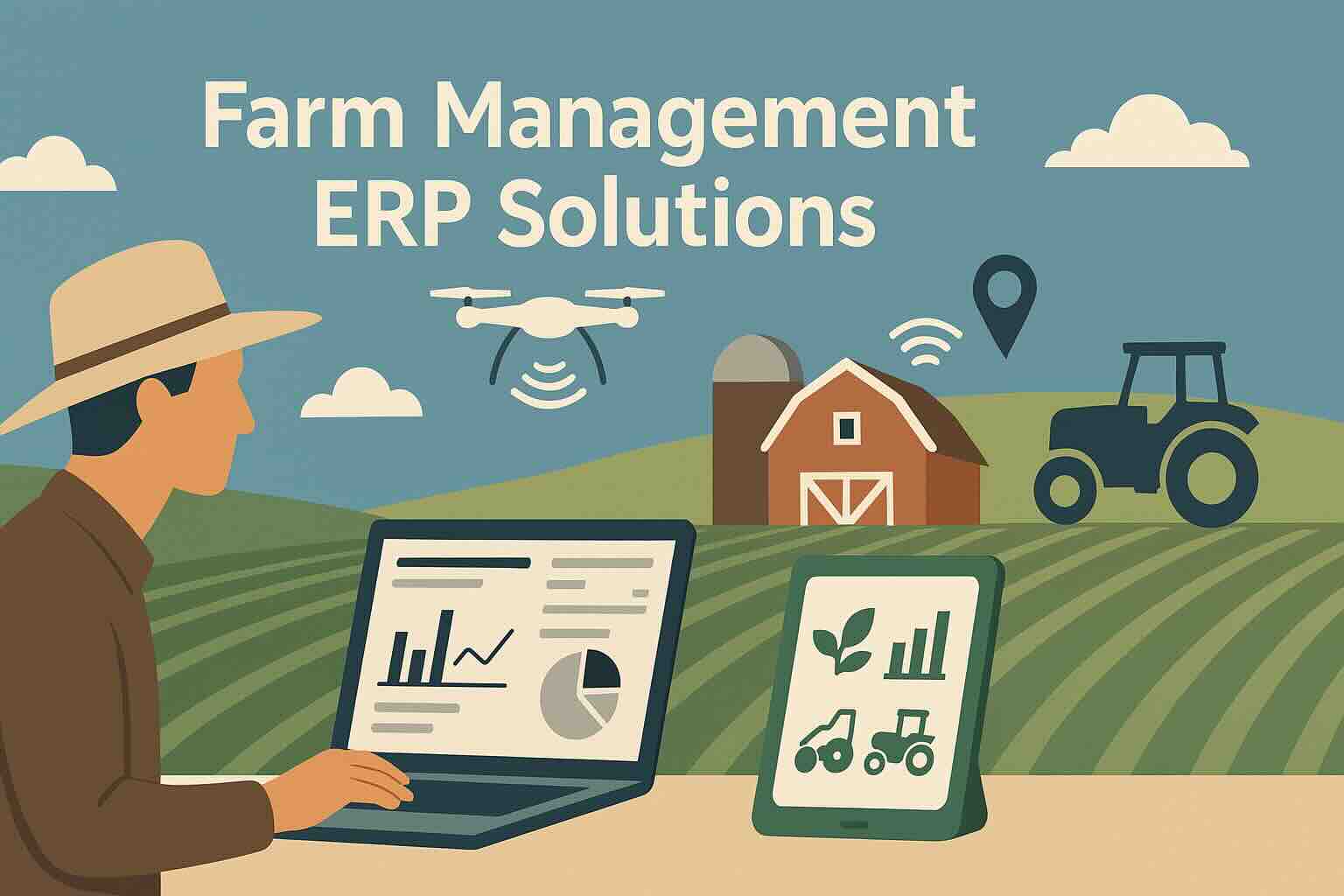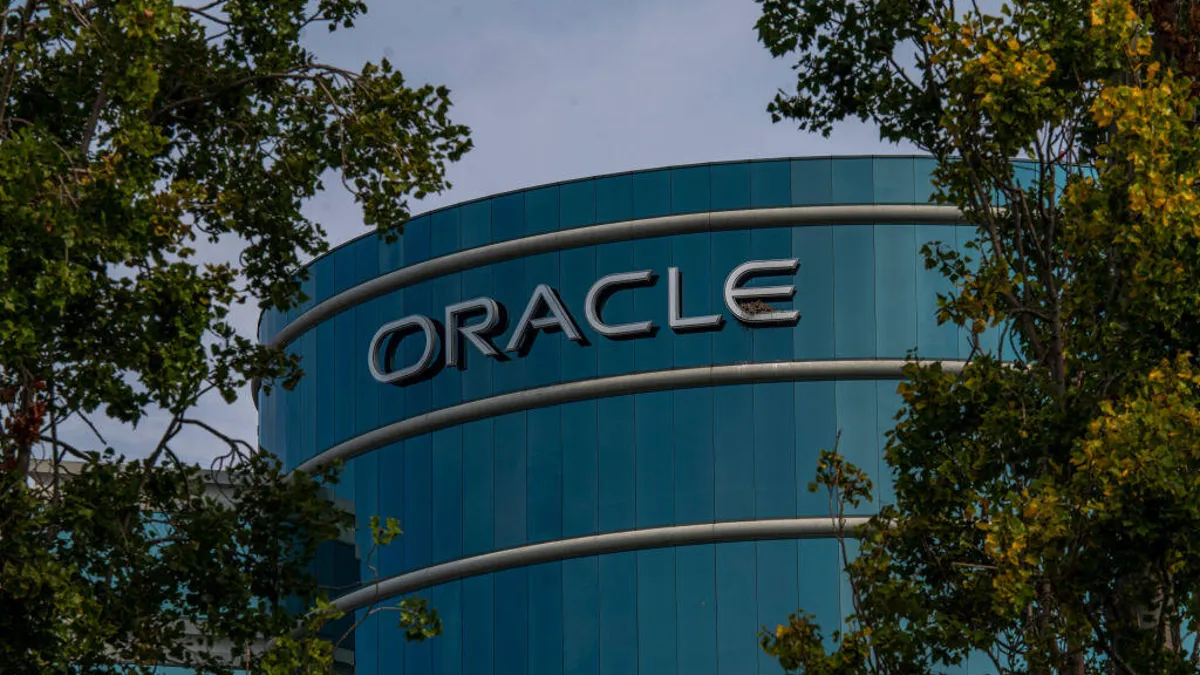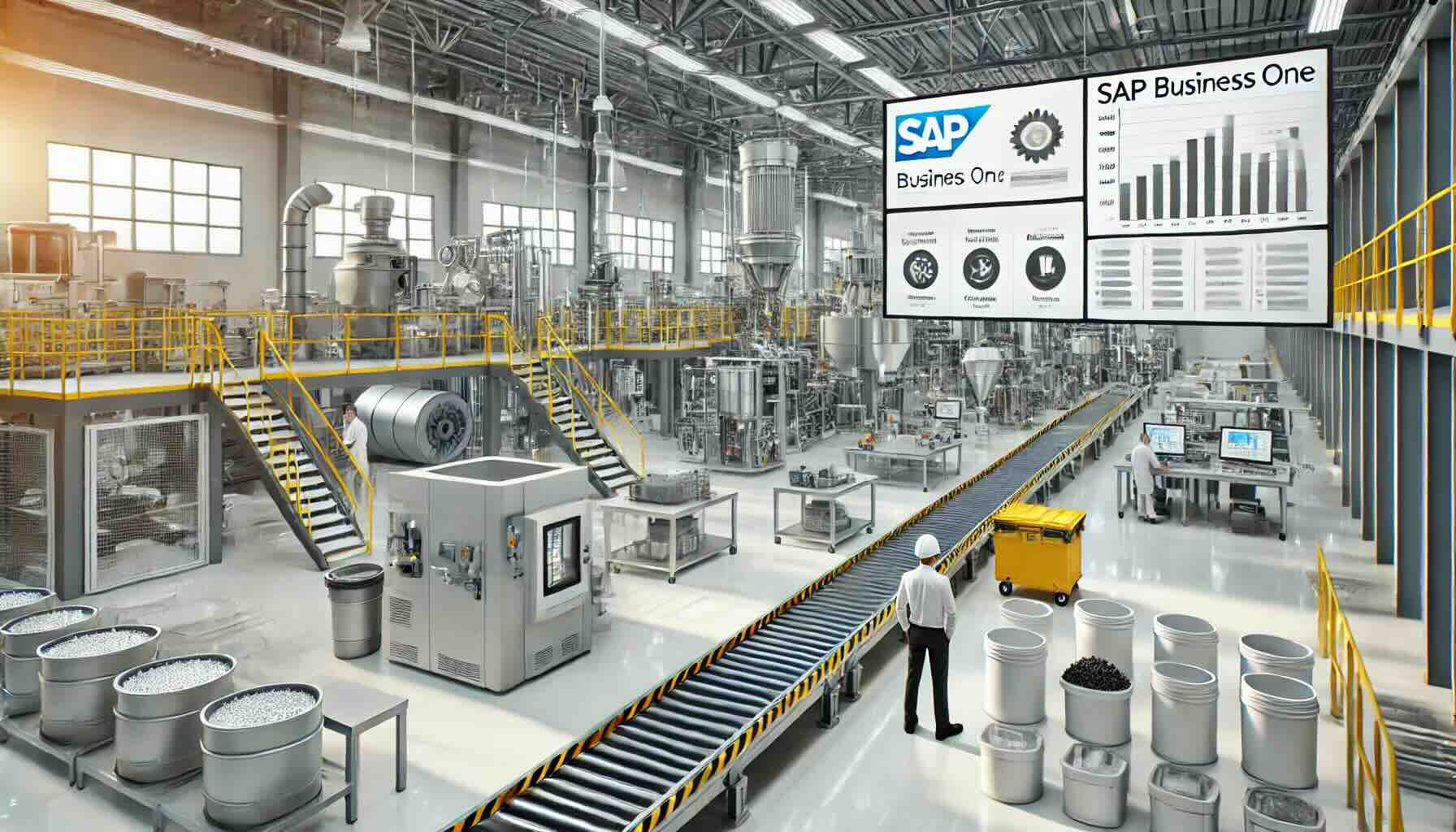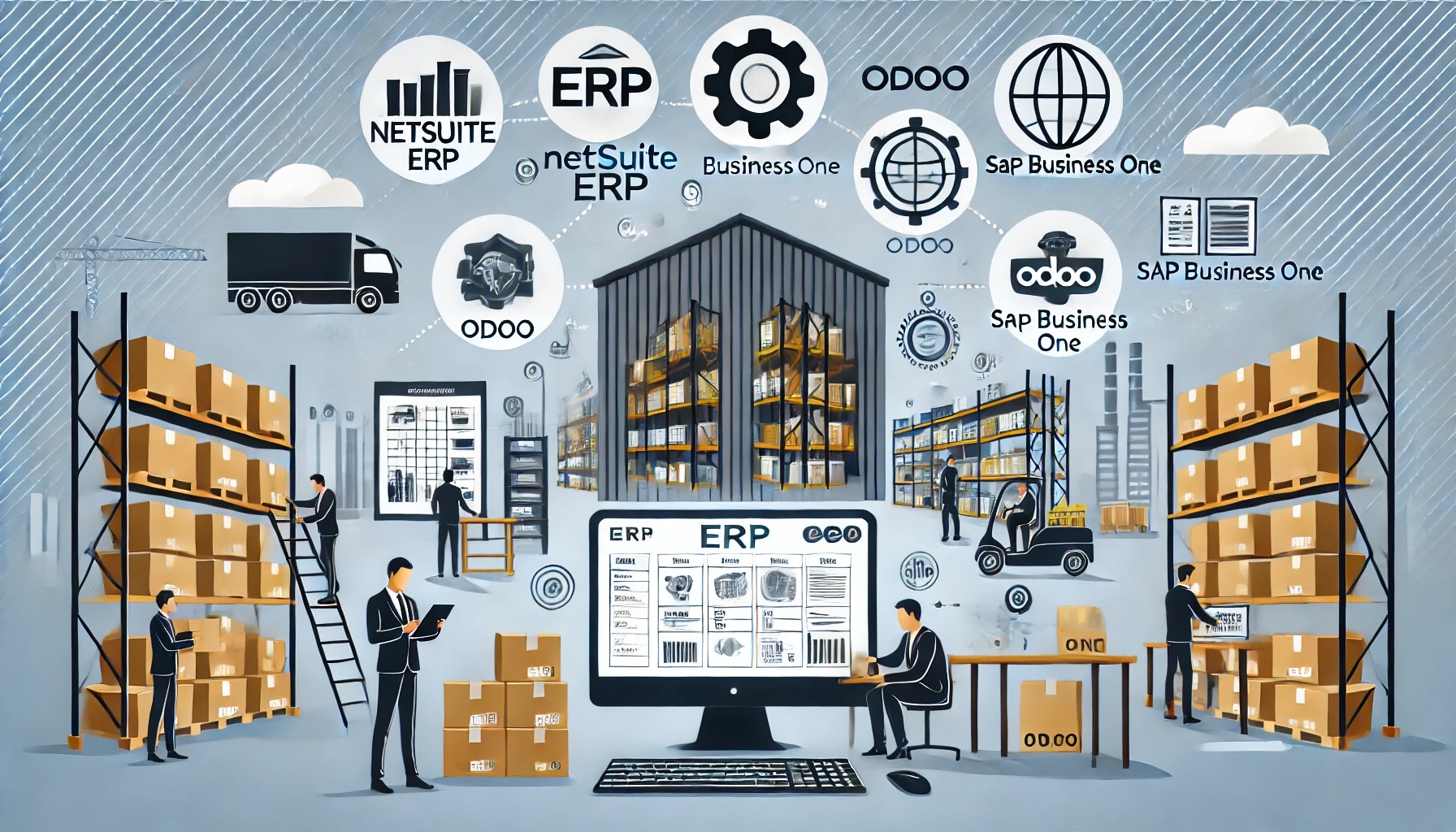Is Certinia the Best ERP for Technology and IT Software Businesses?

In today’s competitive business landscape, technology and IT software businesses require robust and adaptable solutions to manage their operations effectively. As these industries continue to grow rapidly, enterprise resource planning (ERP) systems play a crucial role in managing complex workflows, automating processes, and integrating diverse business functions. Certinia, formerly known as FinancialForce, has emerged as a strong ERP contender for companies in the technology and IT software sectors. But is Certinia the best ERP for these industries? Let’s dive deep into its features, benefits, and how it stacks up against other ERP systems.
What is Certinia?
Certinia is an ERP solution built natively on the Salesforce platform, designed to unify core business functions, including finance, operations, sales, and service management. It caters to a variety of industries but has gained significant traction in the technology and IT software sectors due to its seamless integration with Salesforce CRM, scalability, and cloud-based infrastructure. Certinia offers modules for professional services automation (PSA), financial management, billing, revenue recognition, and analytics, providing a holistic solution to manage the end-to-end needs of a technology business.
Why is Certinia Suitable for Technology and IT Software Businesses?
1. Native Integration with Salesforce
Certinia’s native integration with Salesforce CRM is one of its standout features. For technology and IT software companies that already leverage Salesforce for managing customer relationships, marketing, or sales, Certinia extends the power of the platform to financial and operational management. This ensures that customer data, project details, and financial information flow seamlessly across departments, reducing the need for multiple systems and manual data entry.
The ability to view customer interactions, sales, project status, and billing information from a single platform allows IT businesses to streamline processes, ensure accuracy, and make informed decisions quickly. The Salesforce-native infrastructure also enables the use of advanced analytics and AI features, like Salesforce Einstein, for data-driven insights.
2. Project and Professional Services Automation (PSA)
Technology and IT businesses often manage complex projects that involve various stages, from development to deployment and ongoing support. Certinia’s PSA module is specifically designed for service-based industries and offers tools to manage project resources, timelines, and budgets effectively.
With Certinia, IT companies can automate workflows related to project management, assign resources based on availability and skills, and track project performance in real-time. This level of visibility is crucial in managing service delivery and ensuring projects are completed on time and within budget. Additionally, integration with Salesforce allows sales teams to provide accurate project timelines and quotes, ensuring alignment between sales promises and project delivery.
3. Comprehensive Financial Management
Certinia offers robust financial management capabilities tailored to the unique needs of technology and software businesses. From automating billing processes to managing revenue recognition in compliance with standards like ASC 606 and IFRS 15, Certinia ensures financial processes are streamlined and compliant with industry regulations.
For IT businesses dealing with subscription models, SaaS products, or recurring revenue streams, Certinia’s billing and revenue management modules are invaluable. These features allow for automated billing cycles, accurate tracking of deferred revenue, and real-time reporting on financial performance. With Certinia, technology companies can reduce manual work, eliminate errors, and provide transparent financial reporting to stakeholders.
4. Scalability and Flexibility
The fast-paced nature of technology and IT software businesses demands a solution that can scale as the company grows. Certinia is built on a cloud-based infrastructure, allowing businesses to add new users, modules, or features without the need for on-premise hardware or extensive IT support.
Certinia’s flexibility makes it an ideal solution for companies experiencing rapid growth or evolving business models. Whether it’s expanding into new markets, acquiring additional revenue streams, or adapting to new compliance requirements, Certinia’s modular approach allows businesses to customize their ERP solution to meet current and future needs.
5. Real-Time Analytics and Reporting
Data is critical for decision-making, especially in technology-driven industries. Certinia’s ERP solution provides real-time analytics and reporting capabilities, allowing IT and technology businesses to monitor key performance indicators (KPIs), project profitability, financial health, and resource utilization.
The platform’s integration with Salesforce further enhances its analytics capabilities by offering advanced features such as AI-powered insights and predictive analytics. This empowers IT companies to forecast trends, optimize operations, and make proactive decisions that drive growth.
Certinia vs. Other ERP Solutions for Technology and IT Businesses
While Certinia has many strengths, it’s essential to consider how it compares to other ERP solutions in the market.
Certinia vs. NetSuite
NetSuite is a well-known cloud-based ERP solution that, like Certinia, offers modules for financial management, PSA, and billing. However, NetSuite is a more generic ERP solution, catering to a wide range of industries. Certinia’s advantage lies in its native Salesforce integration, making it more appealing for companies already using Salesforce CRM.
NetSuite offers more industry-specific customizations out-of-the-box, but Certinia’s strength is its flexibility, allowing businesses to tailor solutions as they grow. NetSuite may be better suited for companies looking for an all-in-one solution with built-in eCommerce, supply chain, and manufacturing capabilities, while Certinia shines in service-based industries.
Certinia vs. SAP Business ByDesign
SAP Business ByDesign is another cloud ERP solution with extensive financial and operational capabilities. It’s highly customizable and designed for mid-sized companies. However, its complexity can be overwhelming for smaller technology and IT companies.
Certinia’s user-friendly interface and seamless Salesforce integration make it a better choice for companies looking for simplicity and quick deployment. While SAP offers more extensive functionality for manufacturing or supply chain-heavy businesses, Certinia remains a top choice for project-based and service-driven organizations.
Certinia vs. Microsoft Dynamics 365
Microsoft Dynamics 365 is a comprehensive ERP and CRM solution known for its flexibility and deep integrations with Microsoft products. It offers strong financial, supply chain, and customer relationship management capabilities, similar to Certinia.
However, companies already embedded in the Salesforce ecosystem may find Certinia more appealing due to its tight integration with Salesforce, whereas Dynamics 365 may be a better fit for companies relying heavily on Microsoft Office and Azure.
Conclusion: Is Certinia the Best ERP for Technology and IT Software Businesses?
Certinia stands out as a strong ERP solution for technology and IT software companies, particularly those leveraging Salesforce. Its native Salesforce integration, scalability, robust financial management, and PSA capabilities make it a solid choice for businesses focused on service delivery, project management, and subscription-based revenue models.
However, the best ERP system depends on the specific needs of each business. While Certinia excels in areas like project management and seamless CRM integration, other ERPs like NetSuite or Microsoft Dynamics 365 might be better suited for companies with more diverse needs, such as manufacturing or supply chain management.
Ultimately, technology and IT businesses should assess their current software ecosystem, growth plans, and operational requirements when choosing the best ERP. For companies already leveraging Salesforce, Certinia presents a powerful, streamlined solution to manage their operations and financials efficiently. To find out more about Certinia click this link.
To compare Certinia with 100s of other ERP solutions, you can use our new AI-powered Compare ERP tool. It’s free to use and you get a guaranteed discount on your first year’s licence fees with a referral from Compare ERP.
